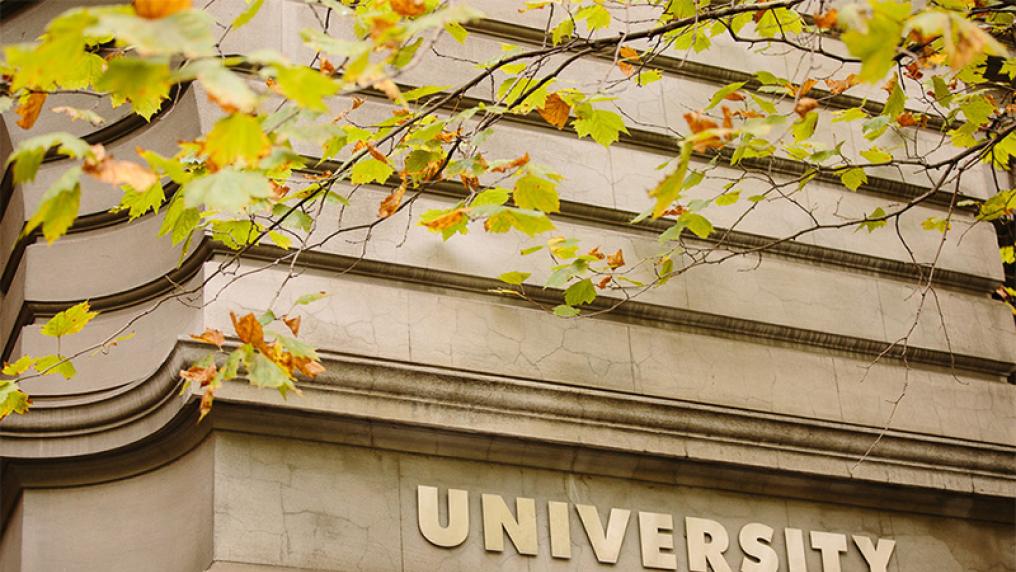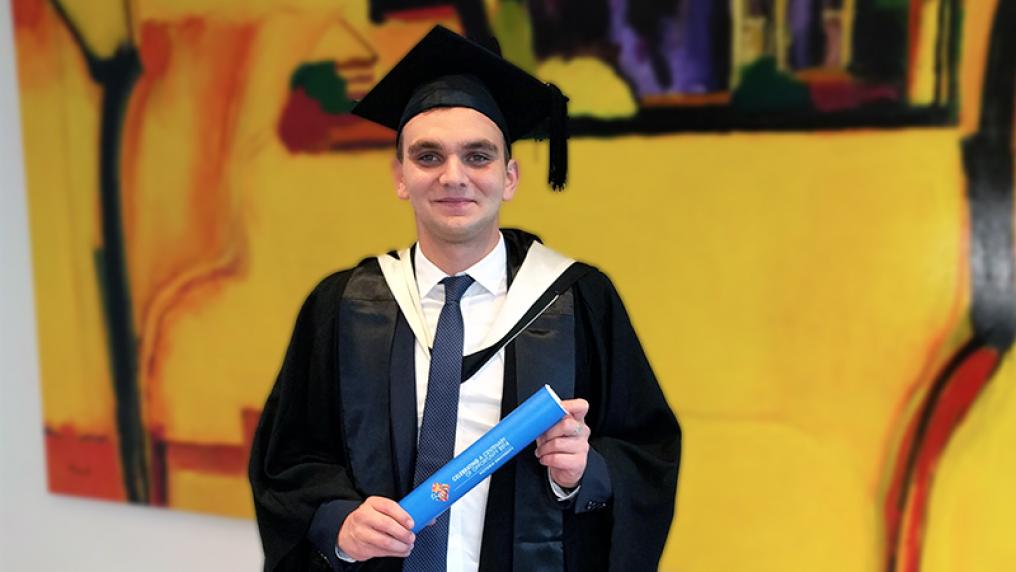Minimum entry criteria include:
- English-language requirements
- academic requirements.
Your work and life experience will also be considered.
To find specific entry requirements for this course, please select the section below that is most relevant to you.
Meeting the minimum entry criteria does not guarantee entry into this course.
This information is relevant if, in the 2 years prior to studying with us, you have completed (or will complete) one of the following:
- Australian Senior Secondary Certificate (e.g. VCE)
- an Australian or overseas equivalent to VCE
- an International Baccalaureate (IB).
Admission criteria
Completion of an Australian Senior Secondary Certificate (VCE or equivalent) including Units 3 and 4: a study score of at least 30 in English (EAL) or 25 in any other English.
PLUS:
Units 3 and 4: a study score of at least 20 in one of Economics, any History, Legal Studies, Australian Politics, Global Politics or Psychology.This information is relevant if you have completed an accredited award (such as a certificate or diploma) at an Australian Registered Training Organisation (usually a TAFE, polytechnic or other registered VET institute).
Admission criteria
Completion of an Australian Advanced Diploma or Diploma (or equivalent).
This information is relevant if you’ve previously completed all or part of a university or other higher-education course.
Admission criteria
Completion of at least one semester of an Australian Higher Education award (or equivalent).
This information is relevant if you left secondary school more than two years ago and haven’t studied since.
Admission criteria
Completion of an Australian Senior Secondary Certificate more than two years ago.
PLUS:
Units 3 and 4: a study score of at least 30 in English (EAL) or 25 in any other English (or equivalent).
PLUS:
Units 3 and 4: a study score of at least 20 in one of Economics, any History, Legal Studies, Australian Politics, Global Politics or Psychology.Take a look at a student profile to get an overview of students who have previously enrolled in this course.
Applicant background Number of students Percentage of all students (A) Past Higher Education Study
(includes a bridging or enabling course)9 37.5% (B) Past vocational education and training (VET) study NP NP (C) Recent secondary education Admitted solely on the basis of ATAR
(regardless of whether this includes the impact of adjustment factors such as equity or subject bonus points)8 33.3% (C) Recent secondary education Admitted where both ATAR and additional criteria were considered
(e.g. portfolio, audition, extra test, early offer conditional on minimum ATAR)NA NA (C) Recent secondary education Admitted on the basis of other criteria only and ATAR was not a factor
(e.g. special consideration alone, audition alone, schools recommendation scheme with no minimum ATAR requirement)NA NA (D) Work and Life experience 0 0.0% International students <5 <5 All students 24 100% "<5" – the number of students is less than 5.
N/A – Students not accepted in this category.
N/P – Not published: the number is hidden to prevent calculation of numbers in cells with less than 5 students.
Special entry programs
Special admission programs
If you are from a disadvantaged or underrepresented social, economic or cultural background, you may be eligible for one of our special admission programs. These programs are designed to help you access education more easily.
Learn more about special admission programs
VU Early Entry
If you're currently in Year 11 or 12, our exclusive VU Early Entry program comes with a Conditional Offer to the course of your choosing*, a personalised course plan, special events, exclusive discounts and access to one-on-one course advice.
*Conditions apply.
Learn more about VU Early Entry
Additional information
All applicants are encouraged to complete the law supplementary form which may be used to adjust an applicant’s Selection Rank.
The form will be available at: https://www.vu.edu.au/current-students/your-course/forms/supplementary-admission-forms
Students in any Bachelor of Laws may apply to transfer into the Bachelor of Laws (Honours) degree once they have completed a minimum 192 credit points and have attained an average mark of Distinction or above i.e. 70–100%. Applicants will be assessed on the highest grades achieved in the top 12 Law units. Students will be further assessed on an outline of a proposed thesis topic and availability of a college based or college affiliated supervisor. Successful applicants will enrol in both Advanced Research Legal Methods and Advanced Legal Research Dissertation instead of 24 credit points of law electives.






